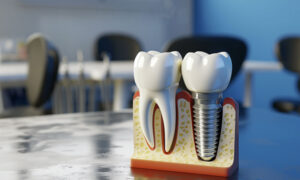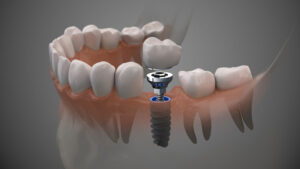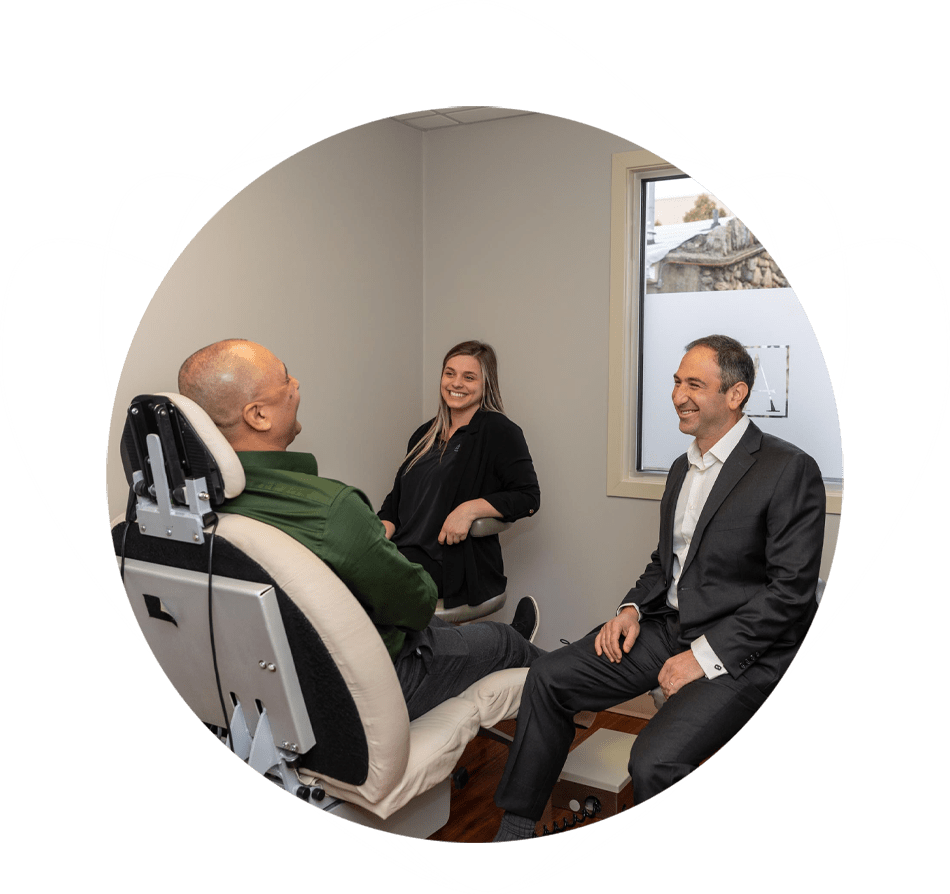The BBC recently highlighted an unusual but challenging condition some patients deal with: resistance to local anesthesia. Local anesthesia has revolutionized the practice and image of dentistry. Where past dentists performed their work on screaming and struggling patients, modern dentistry has the power to be performed cleanly and without causing significant discomfort to most patients.
Even a procedure like the placement of dental implants can be performed with little immediate discomfort. But when patients can’t take advantage of this benefit, what can be done in Mohegan Lake, NY?
Why People Are Immune To Anesthesia In Mohegan Lake, NY
Actually, it’s not known why some people are resistant to local anesthesia. There are many theories, though. It may be that people just have their nerves in slightly different places. This would prevent them from getting the benefit from the locally injected anesthetic because the nerve just isn’t there to be numbed.
Another possibility is that the chemistry of their cells, especially the cell membrane, may be different, making it harder for the anesthesia to penetrate the nerve cells. This means that some types of local anesthesia may be more effective than others because they have different qualities.
More recently, it has been suggested that a mutation in the genetic structure related to sodium channels (which help transmit pain and other signals between nerves) could make people resistant to local anesthesia.
Local anesthetic for those who can have it is safe for use. That being said, there is research still being conducted on how to overcome the issues some face in not being able to become numb from the local anesthetic.
Learning To Cope With Pain
It’s important to remember that there are people (although not many) who voluntarily get dental treatment without anesthesia. Usually, this is because people have found other ways to control pain.
Visualization techniques, for example, allow some people to simply imagine themselves away from pain. They just think of something else and they can get dental care without local anesthesia, including traditionally uncomfortable procedures like root canal therapy.
While we can’t expect everyone to learn to have root canal therapy without anesthesia, it’s certainly worth exploring this as a possible approach for people who’s bodies are resistant to local anesthesia.
Sedation Dentistry To The Rescue
Nitrous Oxide:
Another avenue of pain relief is nitrous oxide. It can significantly reduce a person’s experience of pain. In fact, nitrous oxide was the dental anesthesia of choice for many years. For most people, it doesn’t work as well as local anesthesia, but the improvement is still significant when compared with the possibility of having no pain relief.
General Anesthesia:
General anesthesia is also considered an option. The risks associated with general anesthesia are higher, so it might not be recommended for routine dental care. That being said, many people remain unaffected long-term due to general anesthetic. But it can certainly benefit people undergoing more invasive dental procedures.
Oral Sedation:
A less invasive medication-based option is oral sedation. Oral sedation is just a pill a client would take before the procedure begins, causing them to enter a relaxed state where they may not remember the intricacy of the procedure.
NuCalm:
Some may also benefit from NuCalm, a drug-free approach to relaxation dentistry. This method of sedation dentistry relies entirely on the bio-neurological process to put you in a state of pre-sleep. This state is characterized by idleness and the beginnings of deep sleep.
How NuCalm achieves this state is by reducing external stimuli, focusing on biosignalling tones played through noise-canceling headphones, and placing special devices on important nerve points to help relieve anxiety. This has been proven to work as effectively as other sedation types and requires no sedation medication.
Where I Can Get Other Forms of Anesthesia
If you are a person who has difficulty getting numb, including dental anxiety, sedation dentistry can help. Our incredible doctors, Dr. Sepiashvili and Dr. Mejia, work to provide a calm and welcoming presence on top of our dental sedation options. To learn whether sedation dentistry can help you, contact us today for an appointment with a Westchester County Sedation Dentist at Advanced Dentistry in Mohegan Lake, NY.
